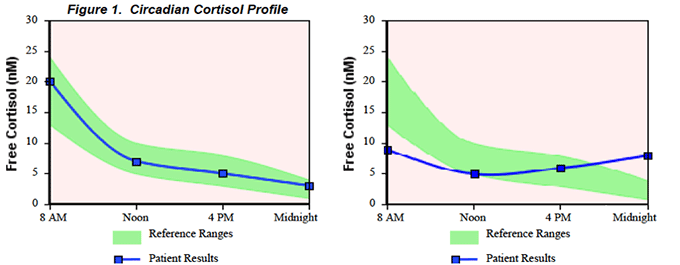Stress catches up with all of us from time to time! Life has a way of throwing curveballs, and adjusting to ‘new normal’s’ or struggling with routines that have been in place for a long time can be challenging. With the fast paced culture we live in today, life is hard enough as is! But if you throw in a lack of sleep into the mix everything gets that much harder! In today’s article, Dr. Bristow unpacks what stress can do to our sleep cycle, and offers some ways that Naturopathic treatment can help.
As a Calgary Naturopathic Doctor, I have many patients who come to me for help with their sleep. For some of us, sleep can be one of the most difficult things to achieve. Whether it’s problems falling asleep, staying asleep, tossing and turning, dependency on sleeping pills, or just waking un-refreshed, sleeping difficulties come in all forms.

One of the most common complaints I see is the inability to fall asleep or waking up in the middle of the night. There are several factors that influence sleep, but let’s focus on a big one: stress.
Cortisol, often referred to as our ‘stress hormone’, is secreted in excess from our adrenal glands during times of stress. The adrenal glands are two tiny yet crucial glands that sit atop the kidneys. When we’re under chronic stress, our adrenal glands can become deregulated and secrete cortisol inappropriately. Normally, cortisol is highest in the morning, helping us get up and go and naturally declines over the day. However, stress can wreak havoc on our adrenals causing them to produce high amounts of cortisol at bedtime or in the middle of the night, making it very difficult to fall asleep and stay asleep. The graph below shows an adrenal function test measuring cortisol at four points throughout the day: Normal on the left and high at night on the right. I use this test to shed light on energy, sleep and fatigue issues. Knowing exactly what your cortisol is doing at different points over the day highlights when to use specific herbal supplements to either increase, modulate or decrease cortisol to get back in alignment with the natural rhythm.

Individuals with high bedtime cortisol on an adrenal panel describe it as feeling wired, unable to shut their brain off, or as feeling physically exhausted but mentally wide awake. Others are able to fall asleep but wake up in the early hours of the morning.
So what can you do?
If the above symptoms sound like you, then your adrenals probably need some love! To get them working properly, they need to be supported all day, not just before bed in order to have a long lasting effect. Adaptogens are herbs that bring balance to cortisol secretion by nourishing the adrenal gland, some of my favourites include:
- Ashwaganda: Native to India, often used in Ayurvedic medicine for nervous exhaustion, stress, fatigue and is known as ‘the promoter of learning and memory retrieval’. This is a great herb for those who feel nervous, tired, get frequent colds and flus and have foggy thinking or difficulty remembering.
- Siberian ginseng: This herb is particularly useful at increasing our ability to be resilient when stressed. It’s known for its strengthening effect on the physical body, increasing our physical capacity and stamina. It’s great when feeling physically depleted, especially due to stress.
- Rhodiola: This herb really does it all! Studies have shown that it lowers anxiety, improves our ability to complete tasks while under stress, and improves short-term memory and concentration. Some of these studies were done on stressed night shift doctors, making it a good choice for shift workers to boot!
At night time, a different set of herbs and supplements help to lower cortisol to induce sleepiness. Here are my favourite supplements used before bed:
- Relora®: a proprietary blend of Magnolia officinalis and Phellodendron amurense. Studies have shown it lowers cortisol and improves overall mood. It also decreases stress, tension, depression, anger, fatigue and confusion. It may also prevent weight gain during stressful periods by curbing appetite and reducing cortisol in emotional or stress eaters. Ideal for those who wake often at night.
- Phosphatidylserine: A natural phospholipid found largerly in the brain; it has a protective effect on the brain. Cortisol can make us anxious and worried; if you can’t sleep because you’re up worrying, this supplement can be very helpful.
It’s important to remember these herbs don’t take away the stressor, but they do help your body deal with the mental, physical and emotional impact of stress, ensuring you get good restorative rest while dealing with the root cause(s) of your stressors. As always, talk to a Naturopath about contraindications before starting supplements.
Bonne Nuit!
